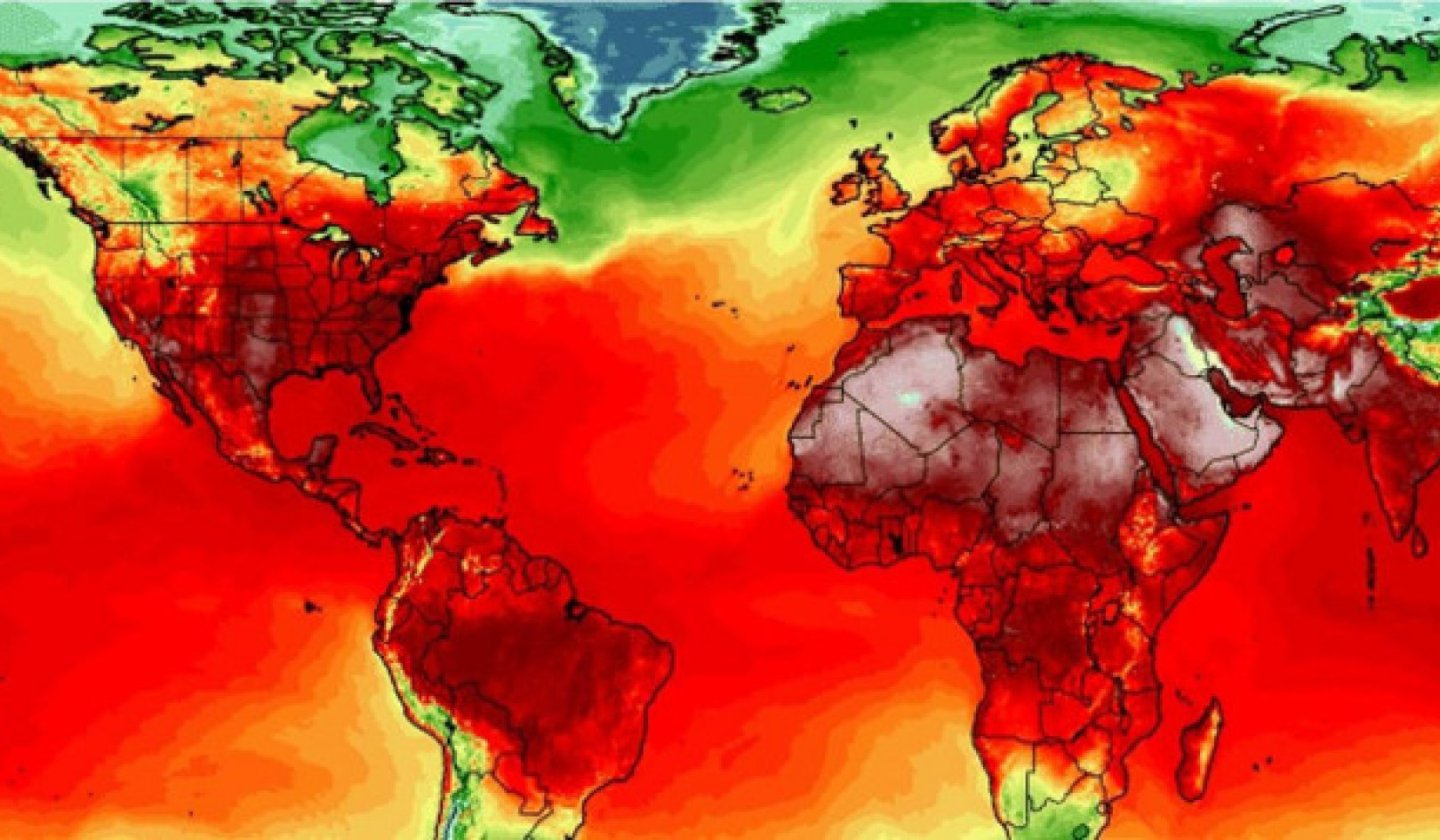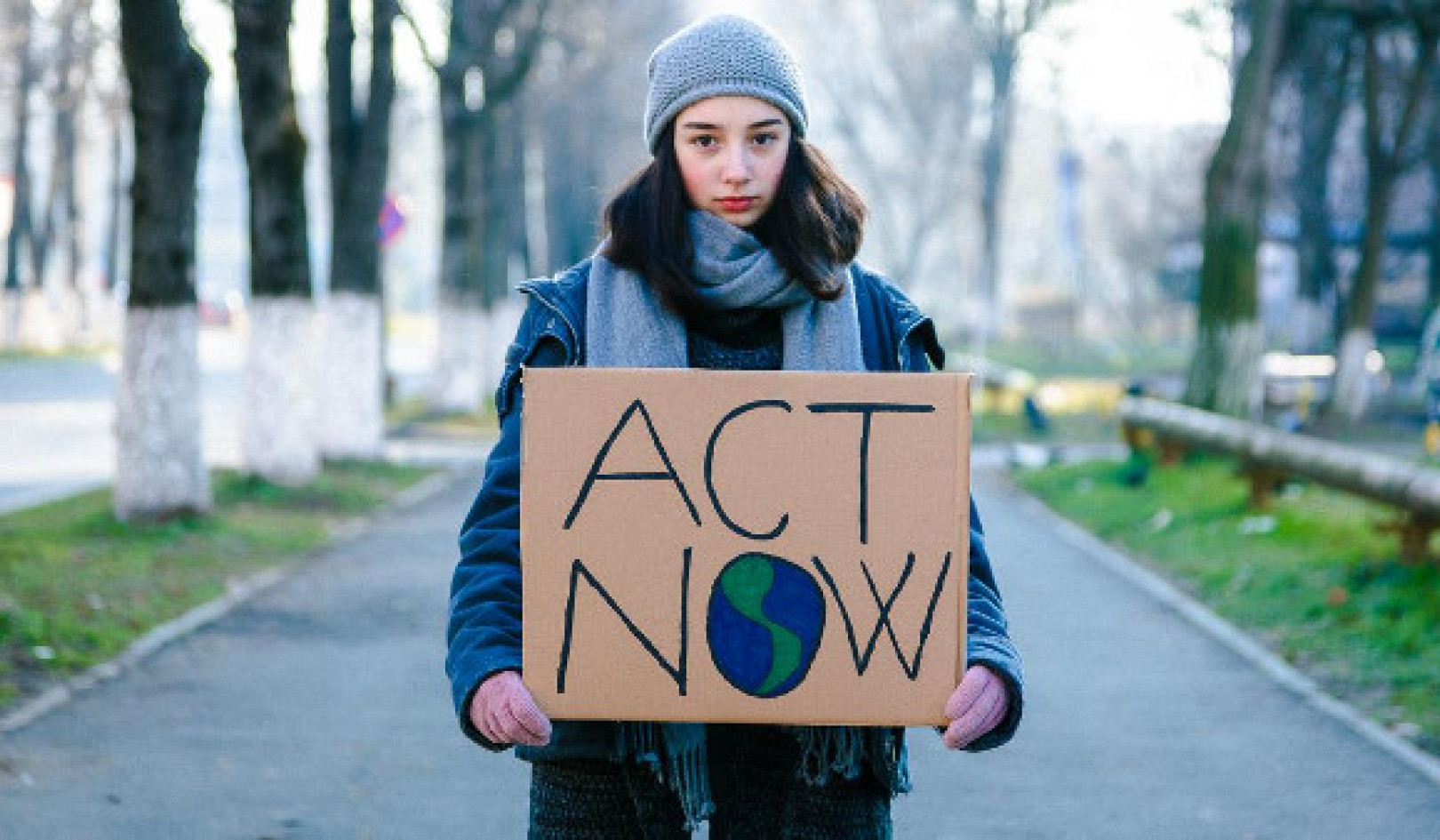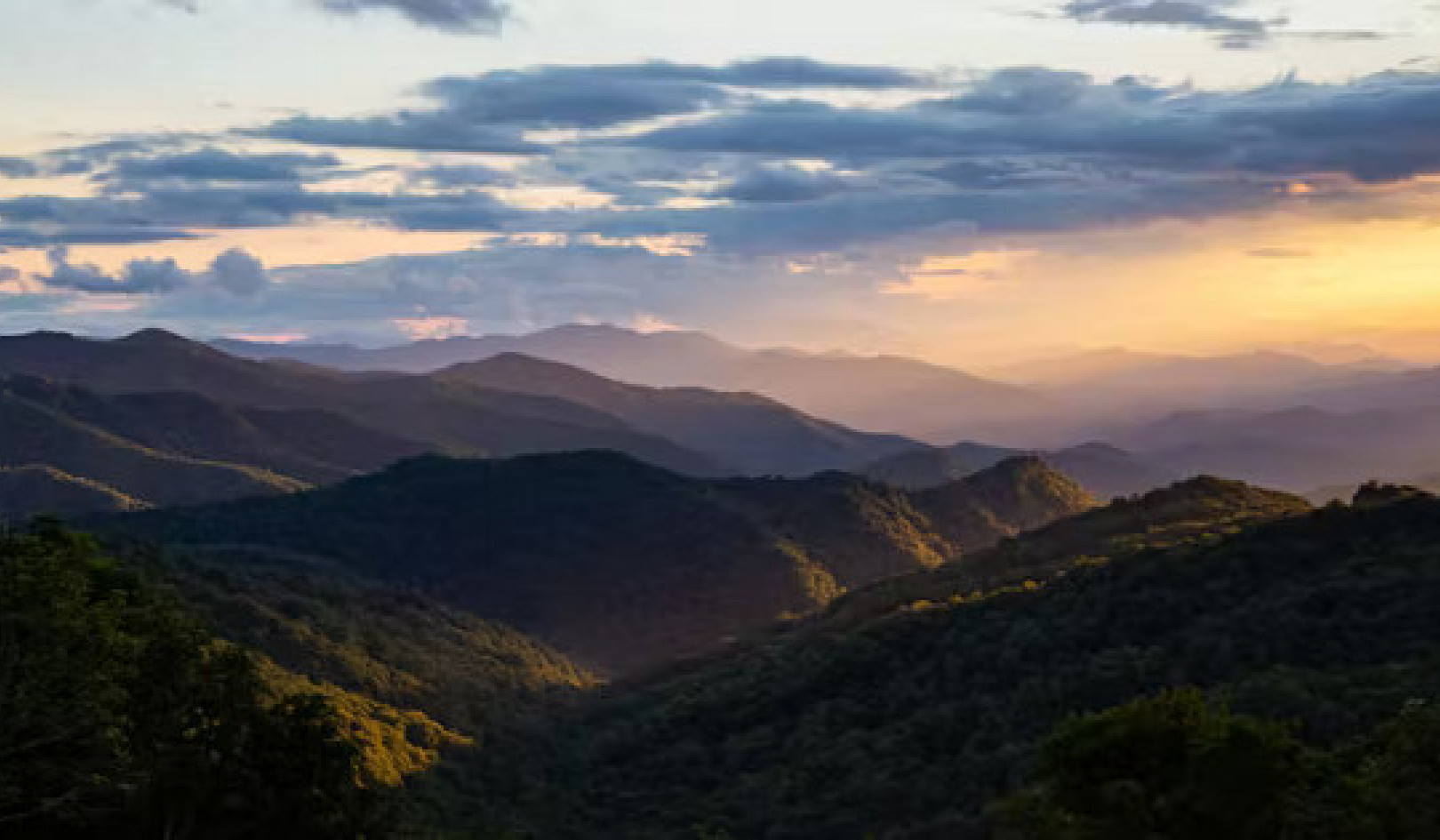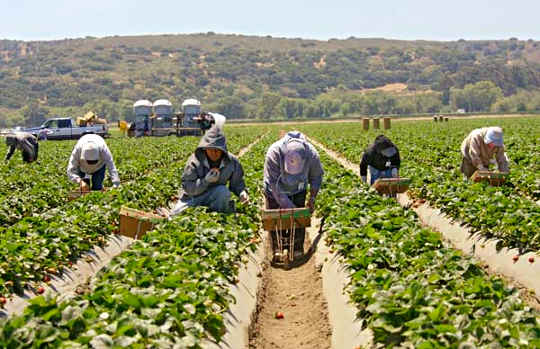ENVIRONMENTAL

How to Reduce Light Pollution and Reclaim the Night Sky
Light pollution has obscured the night sky for nearly 3 billion people, but it’s possible to bring back the Milky Way by making smarter lighting choices. Shielding streetlights, using warm-colored...

Attributing the June 2024 heat wave to climate change is an important step in adapting to a warmer world
Canada’s June 2024 heat wave broke temperature records across the country, with new findings confirming its link to human-caused climate change. The ECCC’s rapid attribution analysis revealed that...

Microplastics in the Great Lakes: A Growing Environmental Crisis
Microplastics are becoming a major environmental concern for the Great Lakes, with trillions of tiny plastic particles contaminating water sources, wildlife, and even humans. Reducing...

Uncharted Territory: The Need for a Global Climate Mobilization
As global temperatures shatter records, we find ourselves in uncharted territory and face unprecedented climate threats. The potential release of methane hydrates—an often overlooked yet potent...

How Temperature Swings Impact Your Health
Daily temperature swings can increase health risks, particularly for low-income and minority communities. Learn how large temperature variations affect respiratory and cardiovascular...

Rethinking The Economic Mindset to Tackle Climate Change
Discover why rethinking economic mindsets is essential for climate survival. Learn how shifting economic paradigms, breaking free from the gold standard, and utilizing interest-free bonds can lead...

Environmental Education through National Parks
Enroll in the National Parks Course on Environmental Issues at the University of Tennessee. Learn about critical environmental challenges through hands-on experiences in iconic parks like the...
Available Languages
MOST READ
It’s Time to Reawaken Our Love and Respect for America
Rewiring Your Brain with Right or Wrong Mindfulness
Finding (W)inner Peace: What If We're Not the Problem?
Will the 2024 U.S. Election Decide Between Democracy and Autocracy?
Taking Personal Responsibility: The Pros and Cons
2024 Business Decision: Vote Harris or Trump?
Find Peace and Protection: Trust Divine Love
MOST WATCHED
Astrological Overview and Horoscope: Oct. 21-27, 2024
Will the 2024 U.S. Election Decide Between Democracy and Autocracy?
2024 Business Decision: Vote Harris or Trump?
Why You Should Imagine Advice from Your Older Self
Human Survival in Extreme Heat: New Research
How Propaganda Outsmarts Education: The Power of Misinformation
Astrological Overview and Horoscope: Oct. 28-Nov. 3, 2024
Halloween Child Safety Tips Every Parent Needs to Know
 Pruitt’s approach to the EPA is likely to threaten farmworkers, who are highly exposed to the effects of climate change, including heat stress and increased pesticide use.
Pruitt’s approach to the EPA is likely to threaten farmworkers, who are highly exposed to the effects of climate change, including heat stress and increased pesticide use.
 Workers harvesting strawberry field, Salinas, California.
Workers harvesting strawberry field, Salinas, California.
Photo Credits: Holgerhubbs. (Wikimedia, cc 3.0)
Pruitt’s approach to the EPA is likely to threaten farmworkers, who are highly exposed to the effects of climate change, including heat stress and increased pesticide use.
While Scott Pruitt was the attorney general of Oklahoma, he sued the Environmental Protection Agency 14 times, mostly to dispute the agency’s right to regulate climate-altering emissions. Last week, Pruitt was confirmed by the Senate to head the EPA and swiftly announced his plan to revoke the Clean Power Plan, a policy enacted by the Obama administration to combat global warming. Pruitt did not mention climate change in his first speech to agency staff on Feb. 21, but asserted that “regulations exist to make things regular,” implying that he’ll work to ease regulatory burdens on polluters.
Pruitt’s positions on climate change have been widely reported. Less well-known are the threats that his approach to the EPA is likely to pose to farmworkers, a group that is inextricably tied to the environment and the climate. These workers, more than half of whom are undocumented, are already busy fighting against President Trump’s promised deportations—but they say they’re prepared to lobby for climate justice, as well.
Part of the problem is that the farmworkers are “invisible,” says Jeannie Economos, the health and safety project coordinator at the Florida Farmworker Association. Most Americans have little contact with farmworkers, which makes the impact climate change will have on them hard to understand.
But that doesn’t mean it’s not there. As temperatures climb, farmworkers are among the most exposed. Farmworkers are four times more likely to be affected by heat stress, according to an ongoing study by the Economos’ organization. Plus, Economos says, climate change is already increasing crop diseases and pests, which threaten farmworkers’ jobs.
And then there’s the question of pesticides. “If we have warming temperatures, and increased pests on crops, does that mean more pesticide use—and more pesticide exposure for farmworkers?” she asks.
Rosalinda Guillen, a 65-year-old former farmworker who grew up in a farm labor camp in Skagit County, Washington, says she’s certain climate change increases farmworkers’ exposure to pesticides. She believes the effects could be deadly.
“When you’re out in the fields and you’re working hard and you’re sweating because the weather is hot,” she says, “the pesticides are absorbing in your skin—and you’re certainly breathing it in.”
Compounding that issue is the fact that the EPA sets the national rules for pesticide exposure. Those standards were strengthened in 2015 after many years of organizing by farmworkers and their allies. Margaret Reeves, senior scientist with the Pesticide Action Network, says her group worked on the issue for 15 years before the standards were changed. The new rules included language prohibiting farmworkers under the age of 18 from handling pesticides, requiring more training for those who apply pesticides, and mandating that farmers keep records of the pesticides they use.
That record-keeping is crucial, Reeves says, because it’s difficult to be sure what impacts chemicals are having when most states don’t require farms to report data on how they’re being used.
Rollback of these reforms would be a money-saver for agribusiness groups that lobbied against them at the time and are now celebrating Pruitt’s confirmation.
But farmworker advocates are worried. “We’re concerned that Pruitt’s antagonistic approach to the EPA can lead to weaker occupational safety measures and increase [farmworkers’] exposure to pesticides,” says Bruce Goldstein, the president of Farmworker Justice, a nonprofit that advocates for better working conditions for migrant and seasonal farmers. In the past, his organization has taken legal action against the EPA in order to protect farmworkers from exposure to pesticides.
But because the implementation and enforcement of the new EPA rules happen at the state level, Reeves says, she’s hopeful that the stricter rules may stick around, despite any actions Pruitt might take. And “maybe, just maybe, things will move forward,” she says.
Meanwhile, Guillen is organizing on the behalf of farmworkers and immigrants with Front and Centered, a coalition of more than 60 organizations representing people of color and of lower-income people—especially those facing serious pollution in the neighborhoods where they live.
“It’s our communities that are impacted first by climate change and policies,” Guillen says. “That’s why our goal is to bring all of these communities together and build enough power so that policymakers are forced to listen to us. When they discuss climate change, we have to be at the table.”
This article originally appeared on YES! Magazine
About The Authors
James Trimarco and J. Gabriel Ware wrote this article for YES! Magazine. James is a senior editor at YES! Follow him on Twitter @jamestrimarco. J. Gabriel Ware is a reporting intern at YES! Follow him on Twitter @JGabinator.
Related Books
at InnerSelf Market and Amazon

















